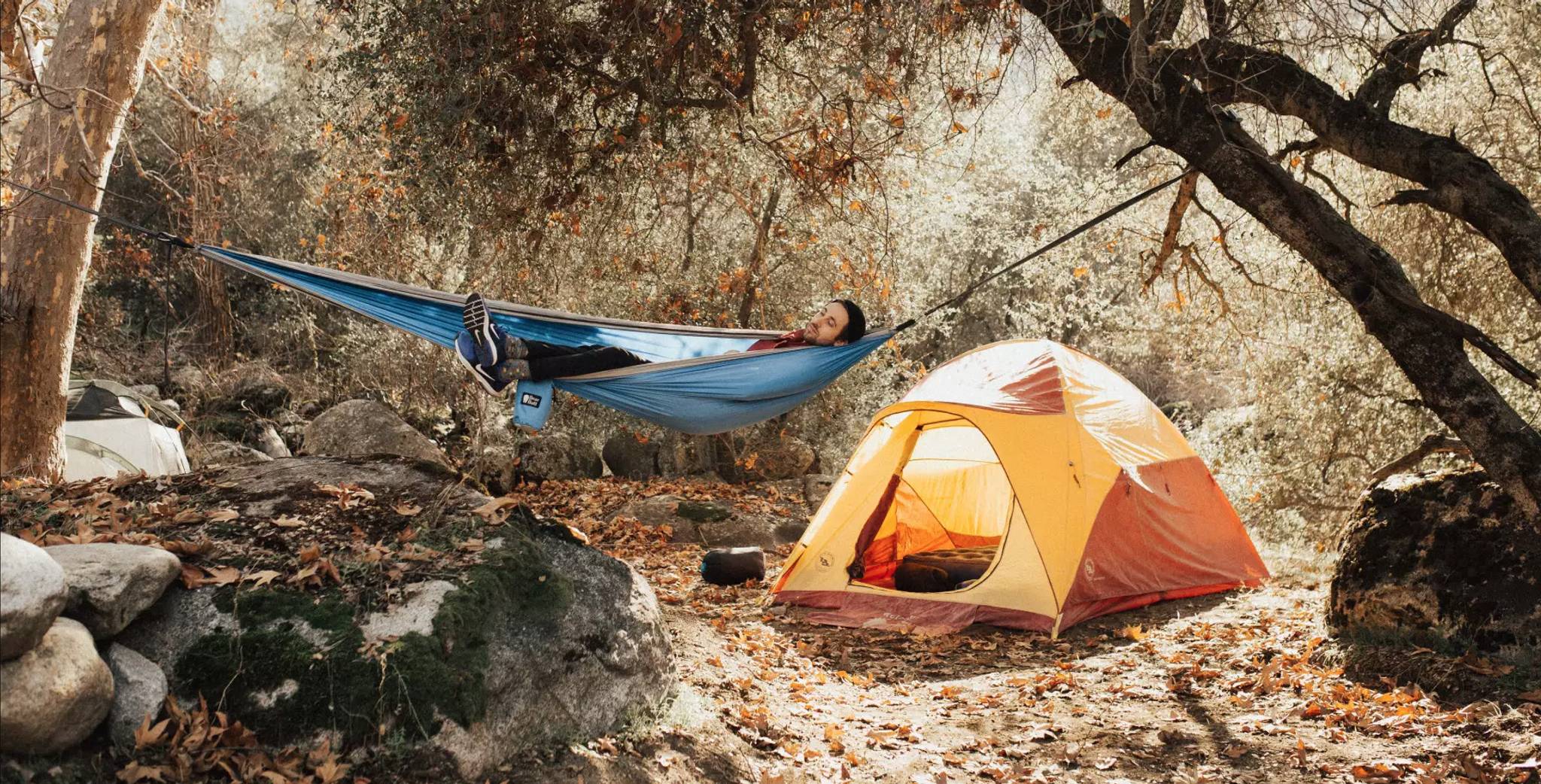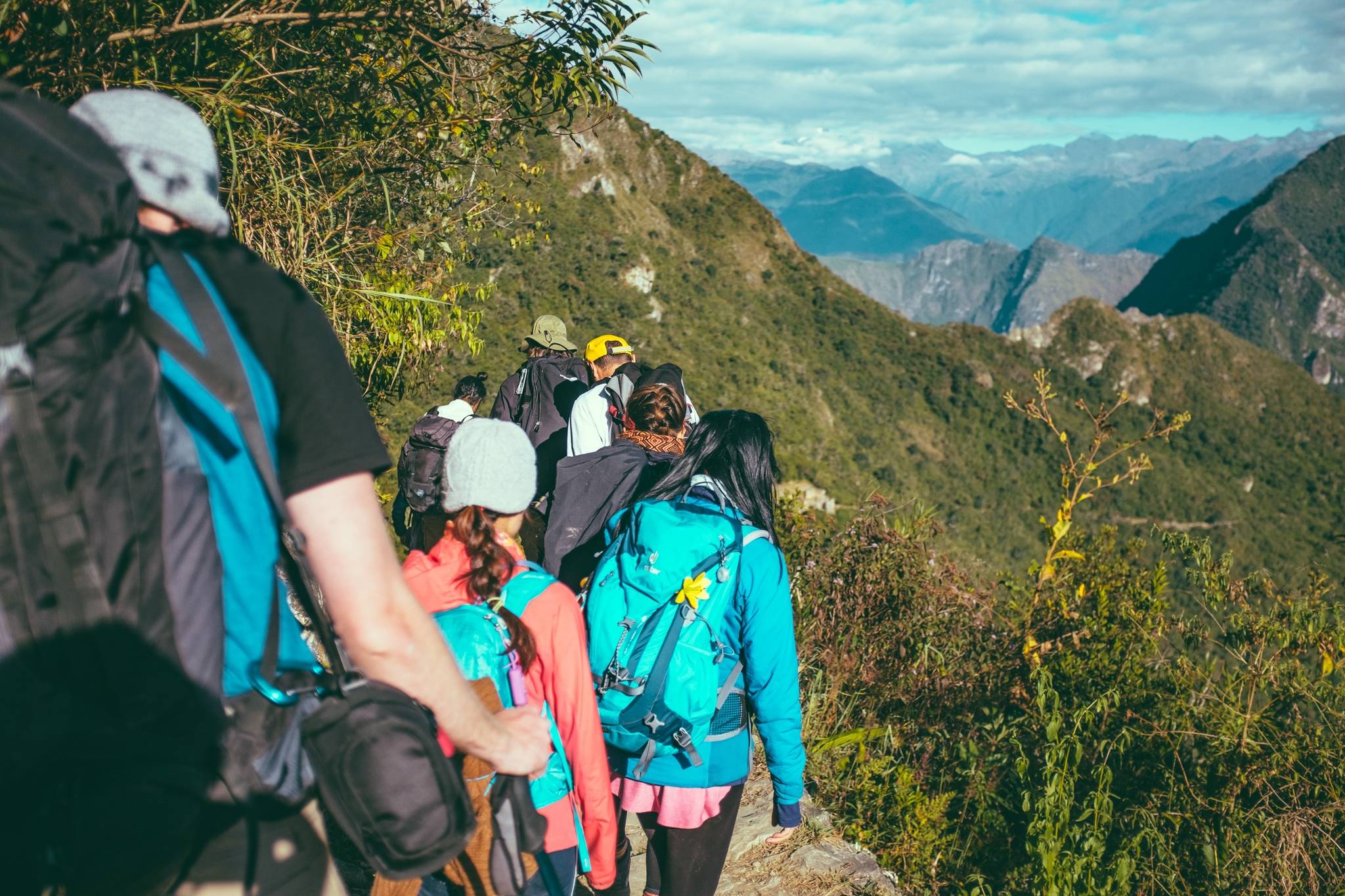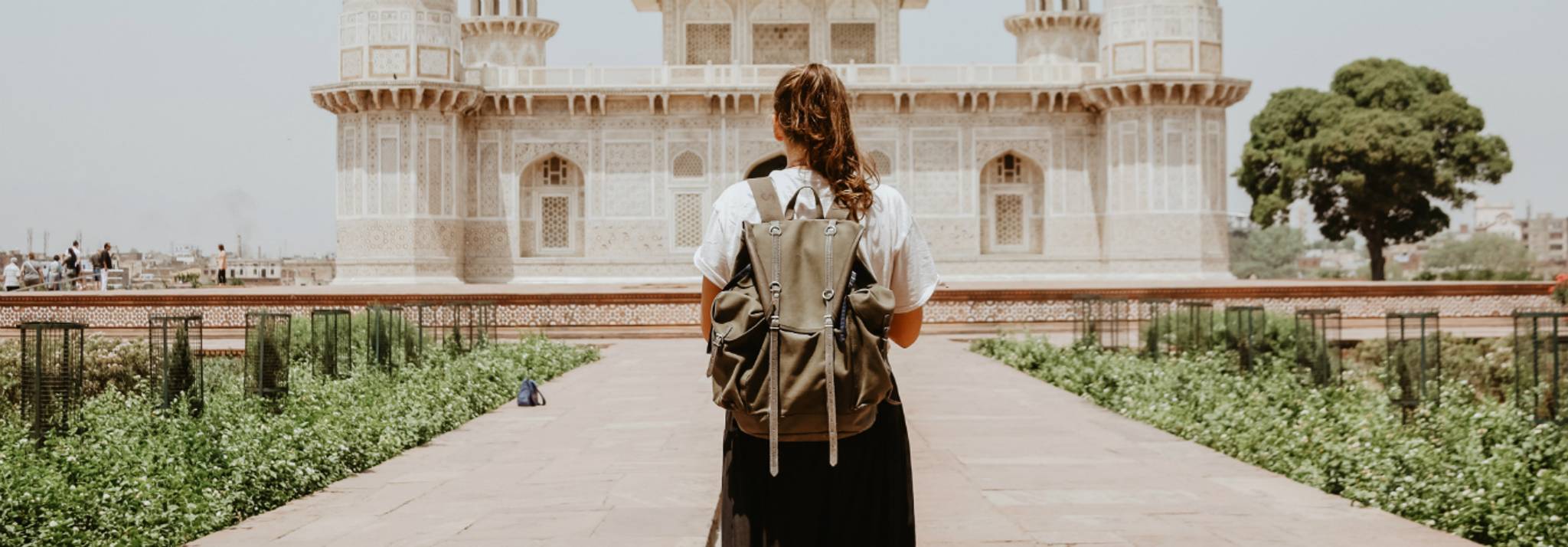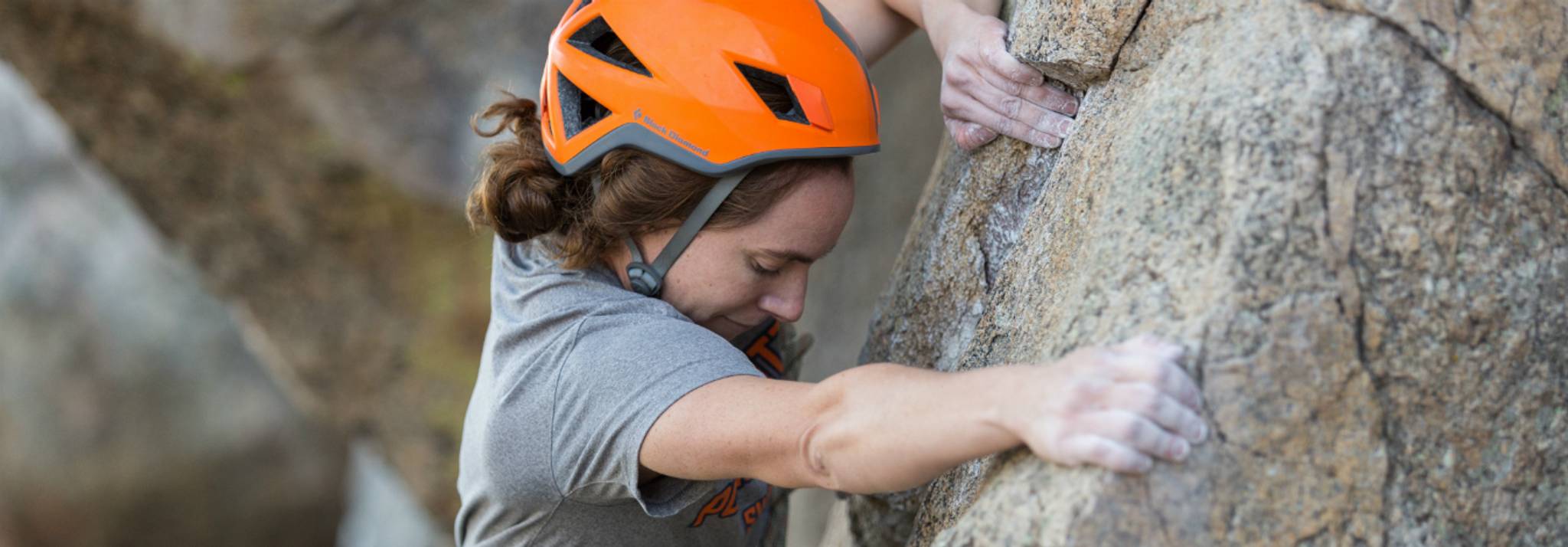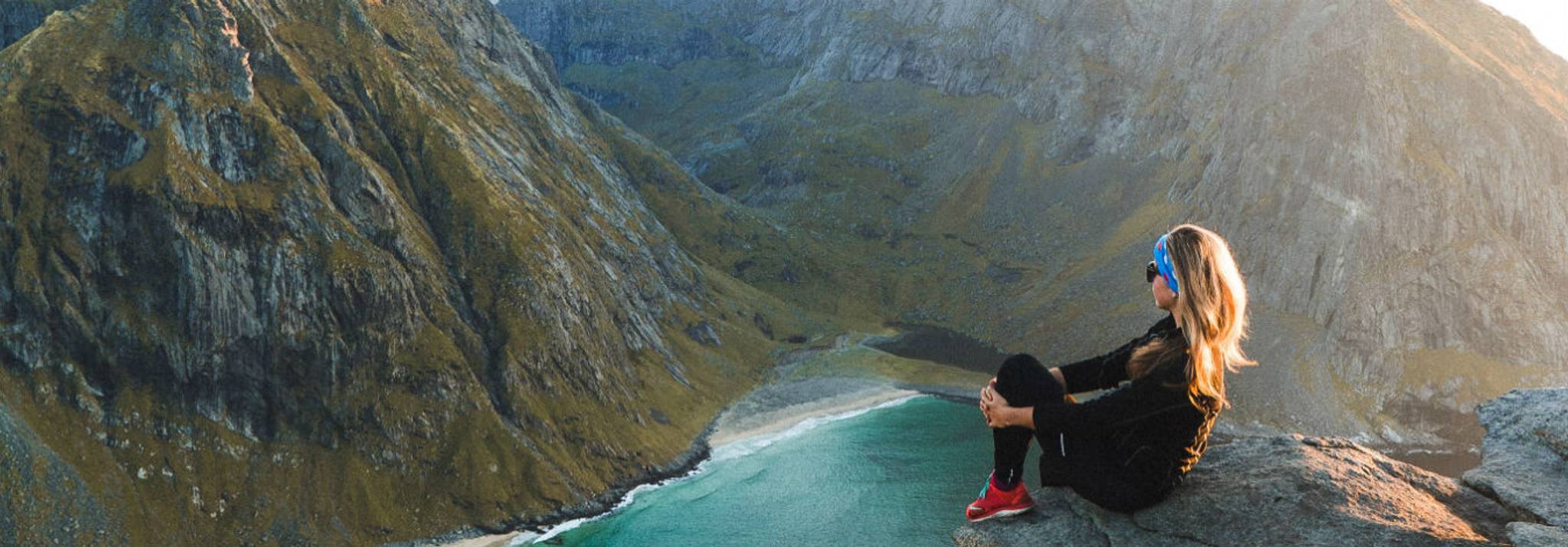
WeWork Now recently hosted an event that dove into the brand building behind two well-loved travel companies, Away and The Points Guy. Meredith Carey, associate digital editor of Condé Nast Traveler, led a panel discussion on everything travel and adventure with special guests Selena Kalvaria, SVP of brand marketing at Away, and Brian Kelly, the founder and CEO of The Points Guy.
Neither The Points Guy (TPG) nor Away entered the travel space for the sole purpose of creating a brand. Rather, they realised there was a gap in the market in which they could implement a solution to a problem. Away wanted to take the suitcase, a product known for its utility, and transform it into something functional, aesthetically pleasing, and an extension of one’s personal brand. Meanwhile, TPG wanted to hone in on the frequent flyer subculture and create a platform for sharing tips, tricks, and knowledge that most people didn’t know at the time.
For both brands, the narrative they led with then, and lead with today, isn’t about their products but about what their products can enable people to do. In the travel space, it’s important to remember that you can’t be all things to all people. So, what’s your story? What emotions are you evoking in your customers? What values are you asking them to believe in? Brand strategy, at its heart, is the relationship brands have with the community they’ve created and the relationships those in the community have with each other, which both Away and TPG have been successful in cultivating.
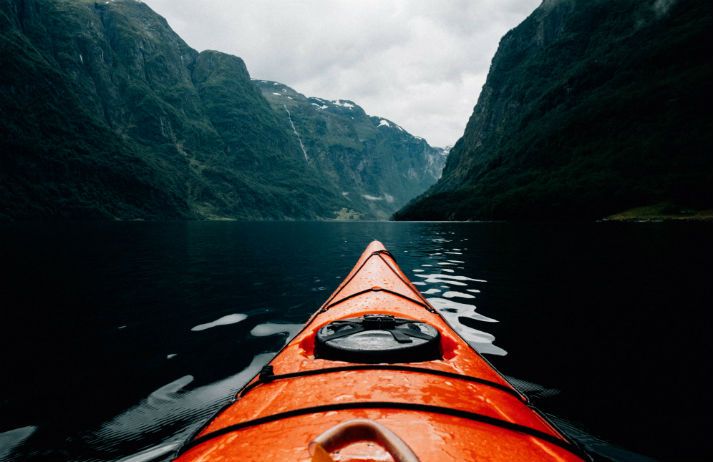
According to Kelly, more people than ever are travelling, with solo travel, in particular, booming. In other words, the golden age of travel is now. One of the biggest misconceptions is that you have to journey far away to truly be a ‘traveller’ and reap the benefits of exploration, introspection, and transformation. But both Kelly and Kalvaria argue that this isn’t true. What’s most important is that there’s no trade-off between design/aesthetic and price, and you don’t force your ‘travel self’ to act drastically different from your ‘everyday self’. Travelling cheaply doesn’t equate to travelling badly and a slight change in your routine is welcome, but if you push yourself too far (i.e. you’re a planner, but on vacation you decide to throw planning to the wind), your travel experience won’t be a good one.
Both travel brands and travellers need to reevaluate what ‘aspirational’ means to them. As Kalvaria notes, we’re past the desire for Instagram perfectionism – there’s no singular code for what travel should look like. With younger people under economic pressure, the need for escapism is greater than ever. But with brands trying to enter the travel space daily, the question is how can it be done authentically and in a way that’s not too niche. One possible answer could be group travel. According to Kelly and Kalvaria, group travel is a misnomer as, more often than not, group trips, like those organised by Contiki, are made up of solo travellers who want community and companionship, but also the ability to take alone time and explore on their own. They believe few companies have yet to get group travel right in an authentic and fun way, so if you’re looking to enter (or expand) within the industry, group travel might be your best bet.
Hannah Septoff is a member of Canvas8’s editorial team and has a degree in social anthropology and politics from The University of Edinburgh. She’s passionate about the intricacies of human gender, sexuality and love and when not at work can be found on the rugby pitch or eating hummus.
